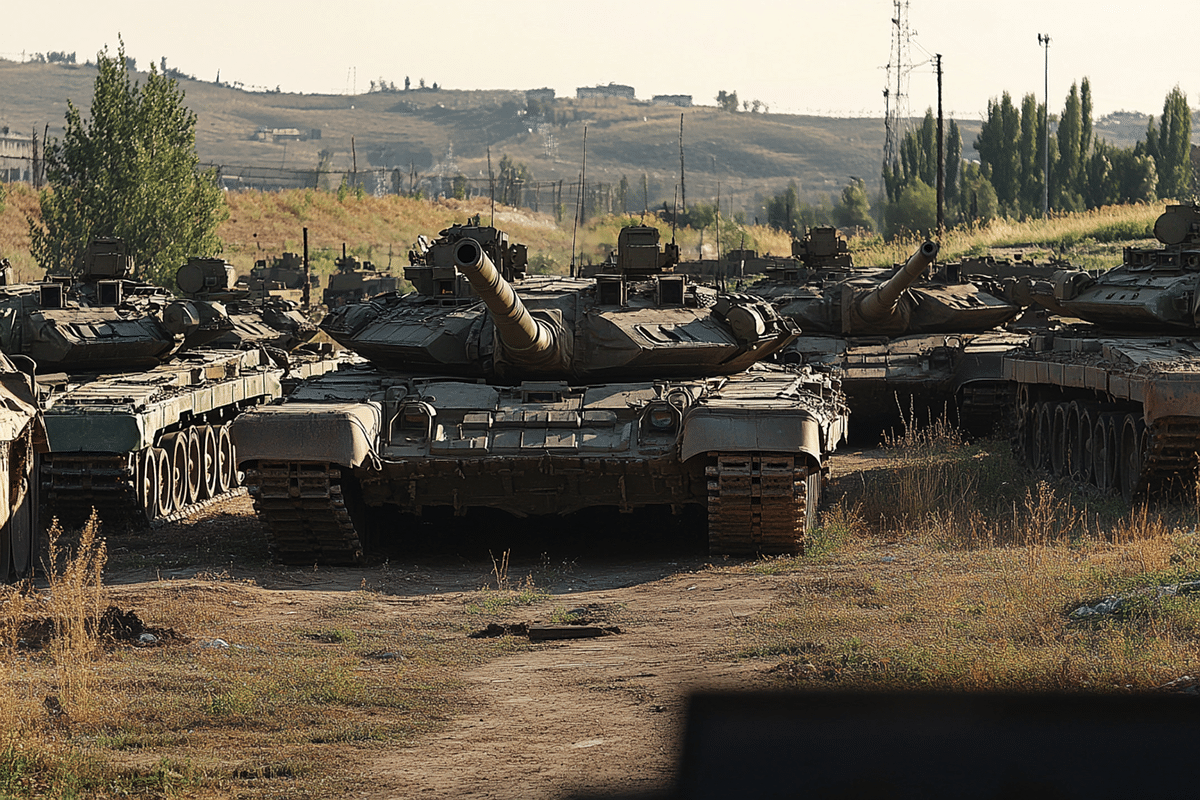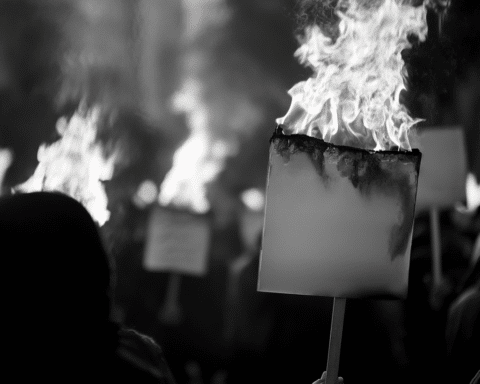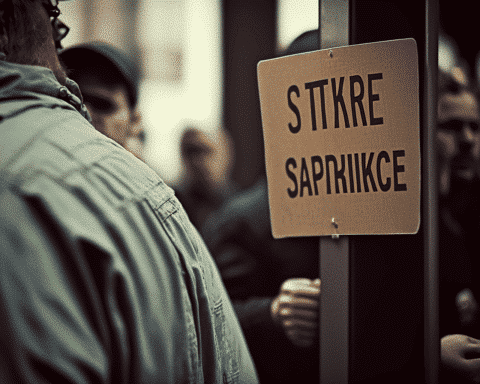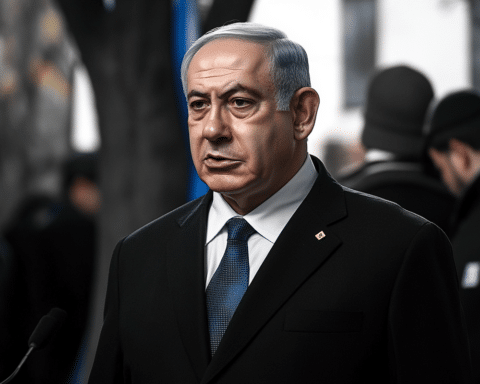Iran has reaffirmed its steadfast support for Lebanon as the conflict between Israel and Hezbollah escalates. Following discussions with Lebanese leaders, Ali Larijani, adviser to Iran’s Supreme Leader, expressed Iran’s commitment to assisting Lebanon during this critical time. The visit highlighted Iran’s strong backing of Hezbollah, a group it has funded and armed for decades.
Meanwhile, the United States has intensified efforts to broker a cease-fire between Israel and Hezbollah. U.S. officials have submitted a draft proposal to Lebanese authorities, reportedly inspired by U.N. Security Council Resolution 1701, which concluded the 2006 Israel-Hezbollah war. The resolution emphasizes the removal of armed groups from Lebanon’s southern border, restricting armed presence to the Lebanese army and U.N. peacekeepers.
Caretaker Prime Minister Najib Mikati has underlined Lebanon’s desire to end the ongoing conflict. Lebanese officials have been actively engaged in discussions to implement the terms of the U.N. resolution, focusing on achieving peace and stability. Despite the political efforts, Israel continues its military operations, targeting areas in Lebanon that it claims house Hezbollah facilities.
Intensifying Military Strikes
Israel has conducted a series of airstrikes on Lebanese territory, including a notable attack on an 11-story residential building in Beirut’s Tayouneh area. The structure was severely damaged, turning much of it into rubble. The Israeli military justified the strike, stating the facility was connected to Hezbollah. While initial reports did not confirm casualties, the attack underscores the heightened intensity of the conflict.
In addition, the Lebanese Civil Defense reported that an Israeli strike on a civil defense center in the town of Douris claimed the lives of 13 emergency workers. This attack highlights the dangers faced by humanitarian responders in the region, as they continue their mission under increasingly perilous conditions.
Humanitarian Toll and Economic Damage
The conflict has exacted a heavy humanitarian toll. In Lebanon, over 3,200 people have been killed, and more than 14,000 have been injured since the escalation began. The World Bank estimates that Lebanon has incurred approximately $8.5 billion in physical damage and economic losses. Rescue efforts remain ongoing in several regions, with emergency workers searching for survivors in the rubble of recent strikes.
Gaza has also suffered devastating consequences from the broader conflict. Over 43,000 people have been killed in Israel’s military response, according to Palestinian health officials. The humanitarian crisis in Gaza continues to worsen, with severe shortages of food, medical supplies, and essential services.
U.S. and U.N. Efforts for Resolution
As the situation deteriorates, the United States is working to secure a cease-fire. Discussions are focused on ensuring that the proposed agreement aligns with international resolutions while addressing security concerns raised by Israel. Lebanese officials confirmed receiving a draft of the proposed cease-fire, though specific details remain undisclosed.
The U.N. Security Council is also pushing for immediate humanitarian relief in Gaza. A recently circulated draft resolution calls for an unconditional cease-fire, access to aid for civilians, and the release of hostages captured during Hamas’ October 2023 attack. The resolution also expresses alarm over the worsening humanitarian crisis, with food insecurity and inadequate healthcare contributing to dire conditions.
Widening Regional Impact
The conflict’s repercussions extend beyond military confrontations, affecting political and humanitarian dynamics in the region. Iran’s continued support for Hezbollah underscores the geopolitical complexities surrounding the war, with tensions escalating between key regional players.
As military actions persist and diplomatic efforts continue, Lebanon and Gaza face mounting challenges. Both regions are grappling with significant casualties, widespread destruction, and deteriorating living conditions. While the international community works toward a resolution, the conflict’s human and economic toll continues to grow, highlighting the urgent need for peace and stability.




